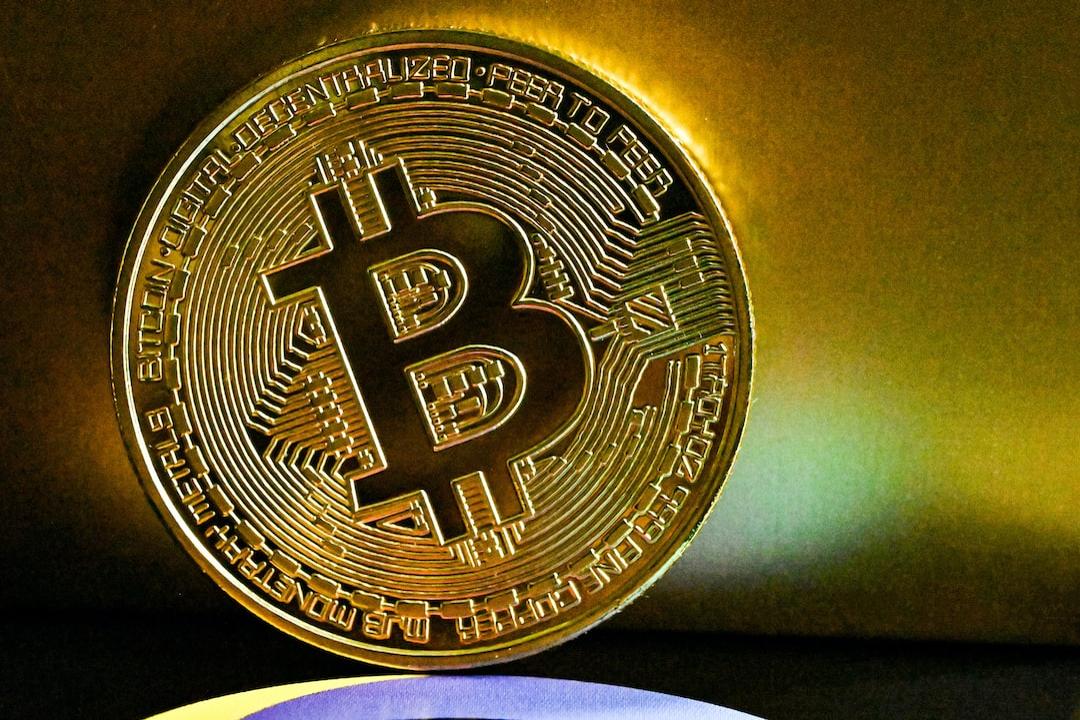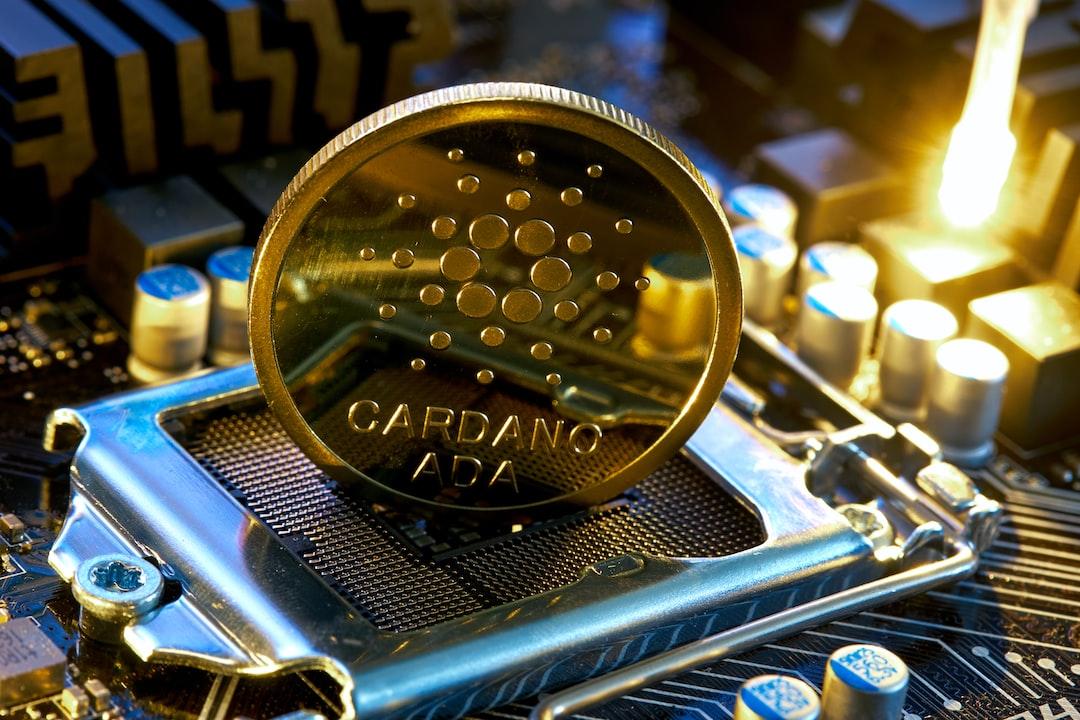White House Confirms Investment in Intel: Is TSMC Next in Line for “Subsidy in Exchange for Equity” Under the CHIPS Act?
The U.S. Government Considers Converting Chip Industry Subsidies into Equity Investments
The White House today confirmed negotiations for a 10% equity acquisition in Intel, indicating a potential shift in strategy for U.S. government subsidies in the chip industry. Commerce Secretary Howard Lutnick further revealed intentions to expand this model to companies such as TSMC and Samsung. However, this does not appear to bode well for TSMC.
White House Confirms: Washington is Negotiating to Acquire 10% Stake in Intel
White House spokesperson Karoline Leavitt confirmed today that the Trump administration is in talks with chip giant Intel, potentially allowing the U.S. government to directly hold about 10% of the company’s shares through a “subsidy-for-equity” model:
“The President wants to prioritize American demand, whether from a national security or economic perspective.”
Investment Returns and Political Strategic Significance: Avoiding Overreliance on Foreign Suppliers
Lutnick previously stated on CNBC that the “subsidy-for-equity” approach could address the long-standing issue of significant government investment lacking returns. By converting subsidies into shares, taxpayer funds could yield tangible benefits, allowing the government to share in corporate growth. Vincent Fernando from investment consultancy Zero One believes the policy also carries strategic significance: “Considering Intel’s critical role in U.S. semiconductor production, it is reasonable for the government to hold shares in Intel.” The U.S. needs to focus on key industries like chip manufacturing and defense to avoid overreliance on foreign suppliers.
Policy Expansion: TSMC, Samsung, and Micron Likely to be Included
The Intel case is not an isolated incident. Sources indicate that Lutnick has begun exploring the promotion of the “subsidy-for-equity” model to other companies that have received subsidies under the CHIPS Act, including TSMC, Samsung, and Micron. If realized, this would mean the U.S. government transitioning from a subsidy provider to a shareholder, gaining more direct influence over the global semiconductor supply chain. Reportedly, the subsidy amounts for Intel, TSMC, Samsung, and Micron are $7.9 billion, $6.6 billion, $4.75 billion, and $6.2 billion, respectively. If subsidies are converted to equity, it would imply these companies must “exchange shares for support,” which would enhance U.S. influence more than ever.
Positive for Intel, Negative for TSMC: How Will the Market Interpret This?
This policy produces noticeably different outcomes for various companies. As a domestic company, government investment in Intel is viewed as an official endorsement, symbolizing comprehensive support from Washington, which can be seen as a clear advantage. Conversely, the market interprets the news as negative for TSMC. Reasons include the potential reduction of TSMC’s autonomy due to government investment, dilution of existing shareholders’ rights, and the U.S. possibly continuing to diminish its dependence on TSMC in the future. Following the announcement, TSMC’s (2330) stock price fell over 4% in early trading, with the weighted index dropping more than 700 points at one point, highlighting market concerns.


Political Involvement in Companies: A Benefit or a Drawback?
While government investment may provide short-term funding and confidence, experts warn of hidden risks. Dan Sheehan of Telos Wealth Advisors believes that while converting subsidies to equity could enhance corporate flexibility, it may also raise concerns about political interference. When the government becomes a shareholder, corporate decision-making might be pulled between business discipline and political objectives, slowing efficiency or even interfering with corporate direction. Government investment may be beneficial for Intel, but for TSMC, it could be a source of pressure. If the U.S. government’s “subsidy-for-equity” strategy is successfully implemented, it may become a new norm in U.S. technology policy, affecting the future landscape of the semiconductor industry, which the global community is closely monitoring.
Risk Warning
Investing in cryptocurrencies involves a high degree of risk, and prices can be highly volatile, potentially resulting in the loss of your entire principal. Please carefully assess the risks.
